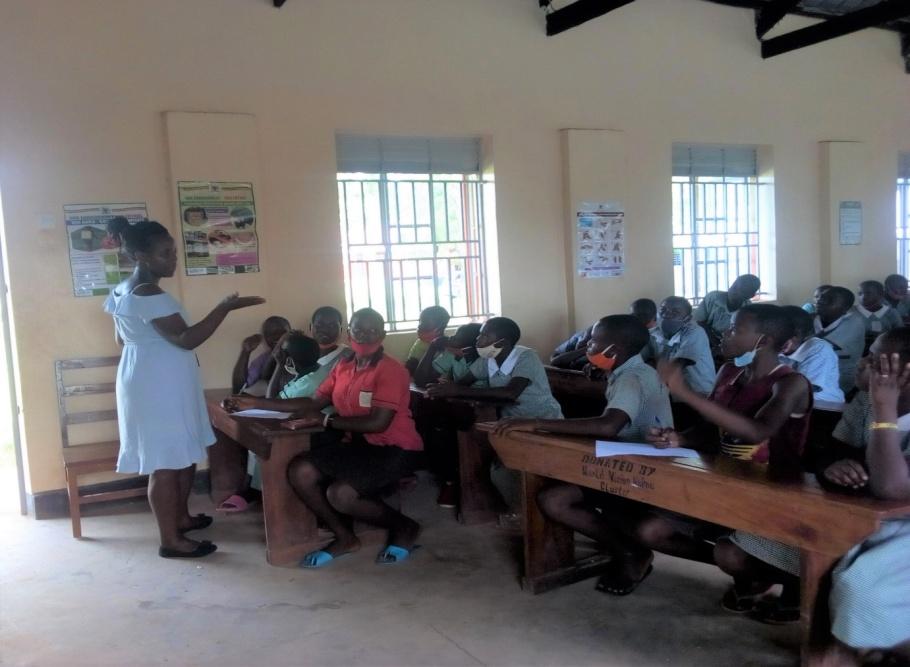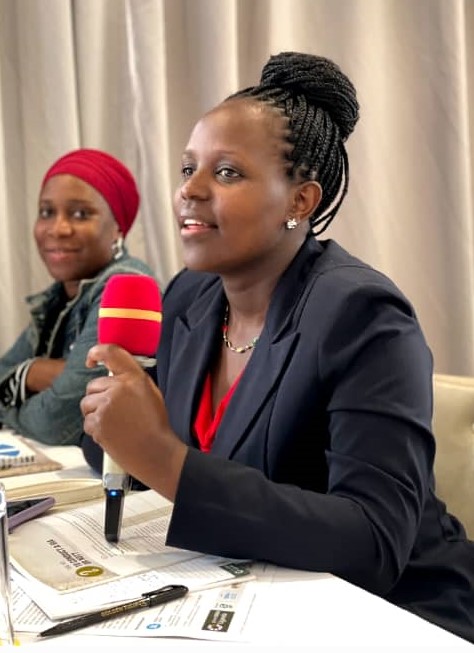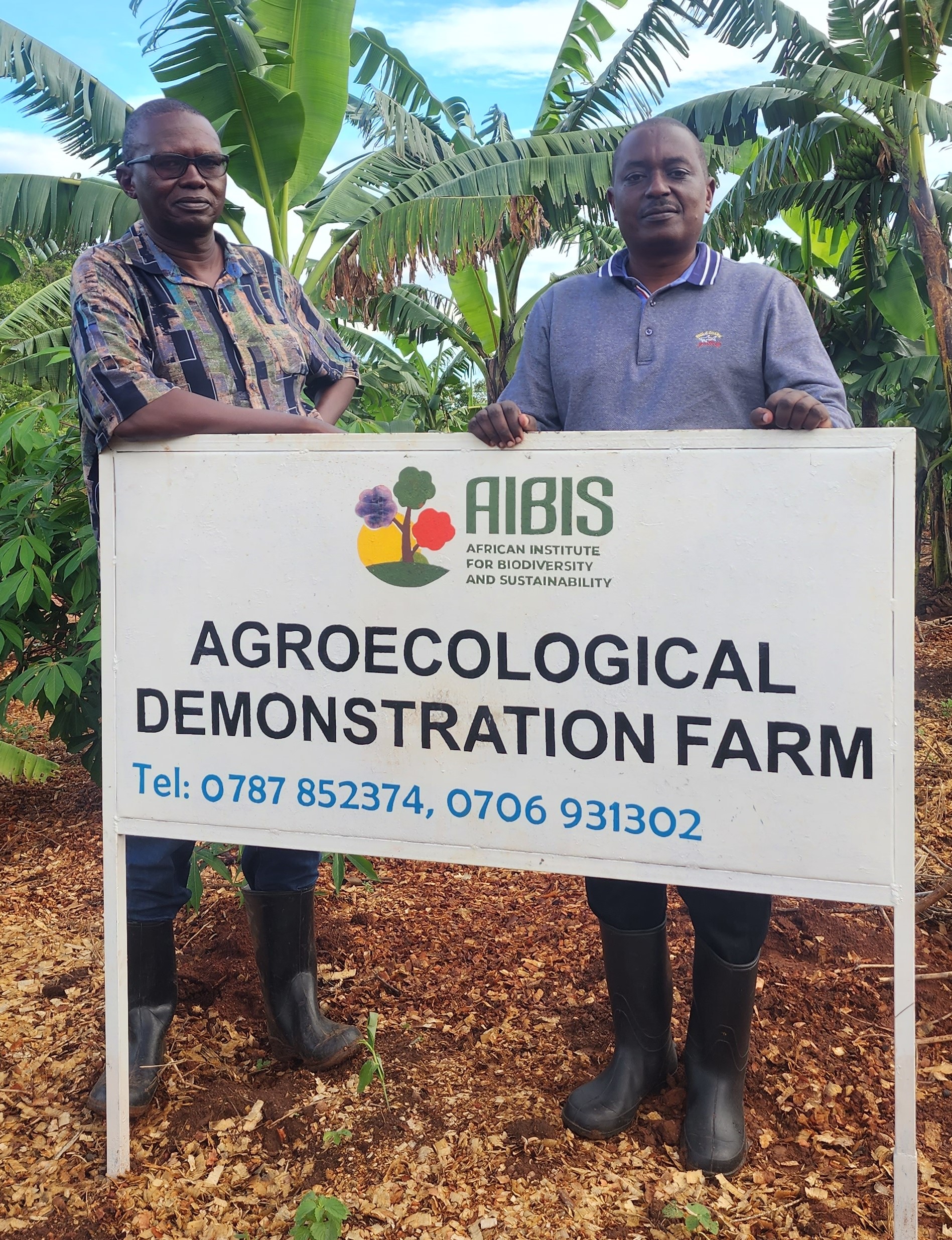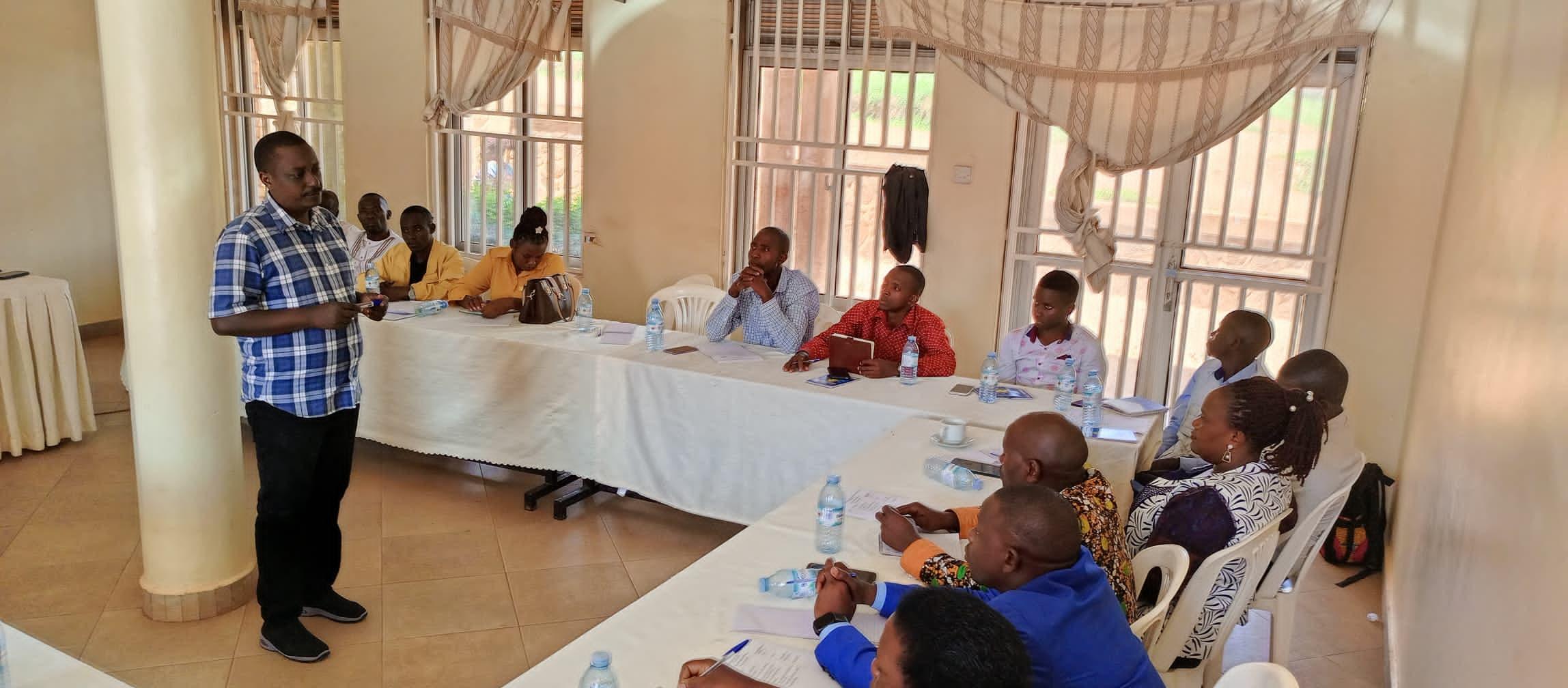AIBIS extends awareness campaign on sound management of chemicals and wastes to school-going children in Kikuube District
For proper sustainable development, the young generation should be engaged and involved in discussions at an early age stage so that they grow up knowing their roles and appreciating why they need to protect and conserve their environment.
Last week, AIBIS organized an awareness raising event at Wambabya Primary School in Kikuube District with a purpose of sensitizing the pupils on the best practices of wastes management both at home and school, and the impact of the chemicals and wastes that they are exposed to in daily lives.
Atukwatse Peruth, the Senior Programme Officer in charge of Chemicals Management and Gender at AIBIS while facilitating the awareness-raising exercise thanked the school administration for collaborating with AIBIS in the noble cause to raising responsible citizens who can feel for and care for the environment and contribute towards achieving the Sustainable Development Goals (SDGs).
Beyond chemicals, there are plastics most especially kaveera (polythene bags) and bottles that are widely used as a packaging material and are serious threats to human health and to biodiversity. About half of the plastics produced today are single-use containers that are discarded daily into the environment.
Some of the harmful aspects of the plastics being highlighted during the sensitization campaign include: Kaveera is non-biodegradables meaning that, like other plastics, it does not decompose for several years (over 1000 years), which threatens agricultural productivity, kills livestock and other domestic animals that eat them, block gutters and waterways, causing flooding in cities and that some chemicals from the burning of Kaveera and other plastics are carcinogenic.
Atukwatse has therefore been urging students and teachers to take caution and stop open burning of Kaveera and other plastic wastes in public spaces, stop using Kaveera or plastics to light cooking stoves (Sigiri) , never to use Kaveera to cover food while cooking or even package and carry hot foods in Kaveera, and to make littering socially unacceptable.
“You should be watchful about what empty tins you play with or take home for storing food essentials like salt, sugar and others because some may contain hazardous substances that can be consumed with whatever is stored in them”, Atukwatse added.
Mr.Lawrence Womugisha , a headteacher at Wambabya Primary School thanked AIBIS for the rare sensitisation opportunity and promised to keep collaborating with them in endeavors to protect our environment.




